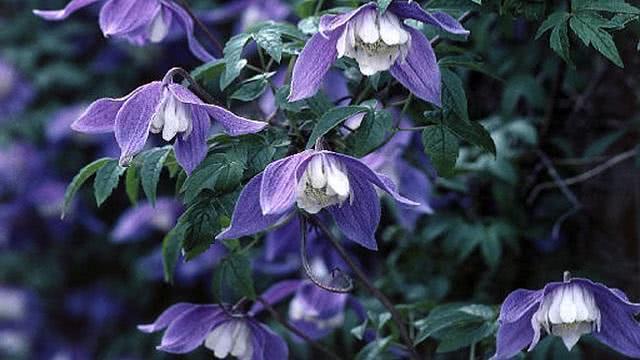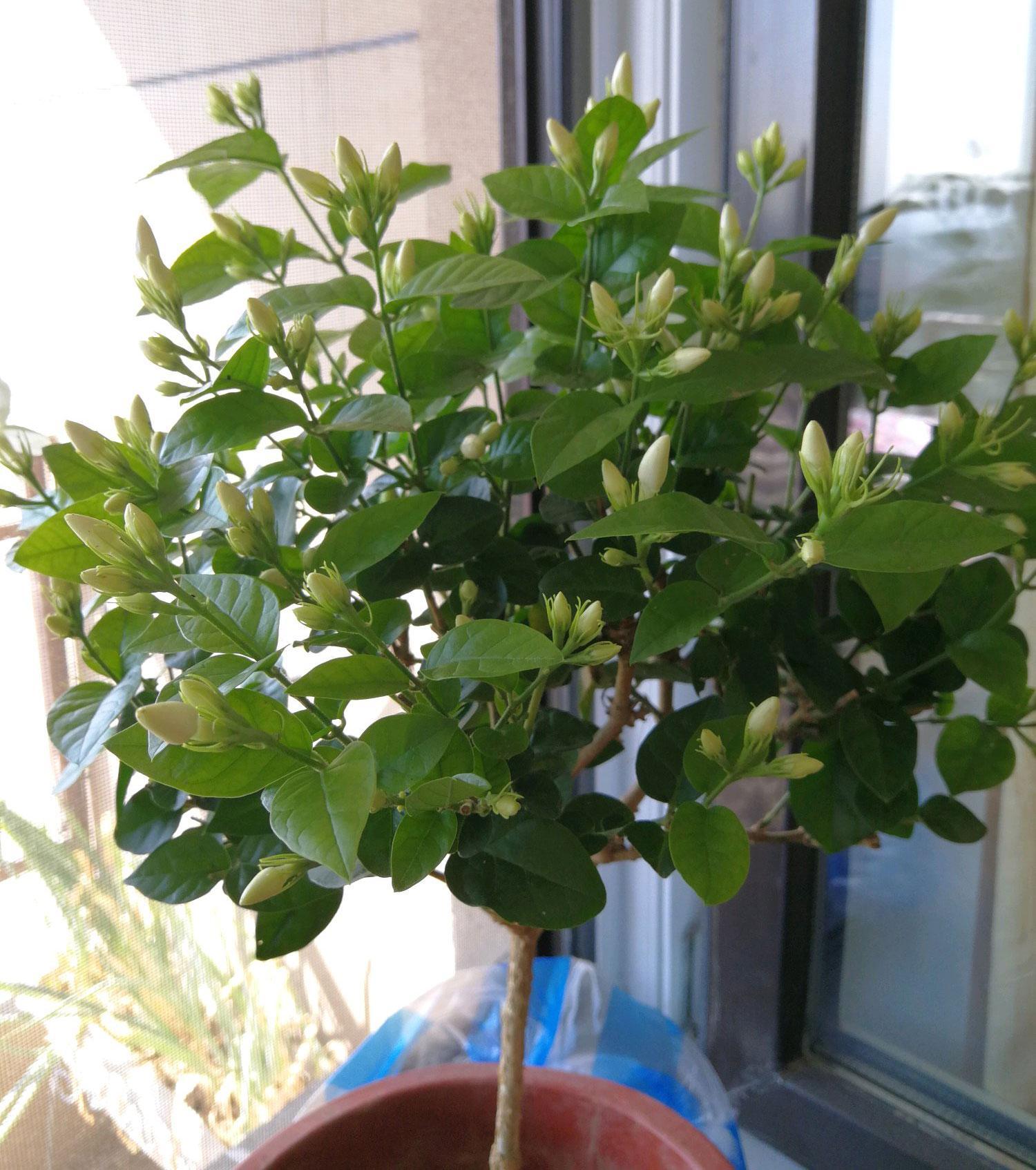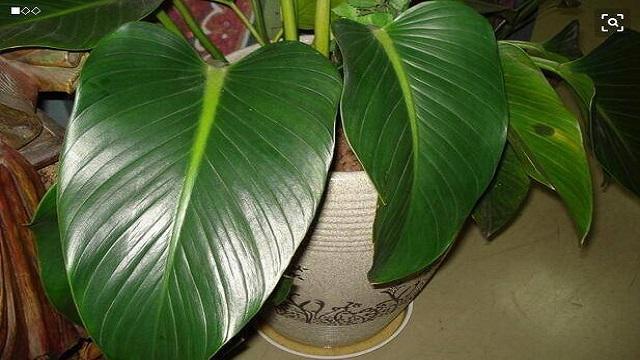Clematis clematis has long spots? Spray some medicine in time, but the bugs don't cry long.

There are two main reasons for the blackening of clematis, one is improper maintenance, the other is diseases and insect pests. If it is the first reason, better culture conditions need to be replaced for the plant, and if the situation is serious, it needs to be removed from the pot and re-inserted. If it is the second reason, you need to cut off the diseased branches in time, and then spray treatment.
1. Solve the problem according to different situations
(1) specific reasons: it may be caused by unsuitable maintenance conditions. However, there are many factors that can cause the rod to blacken. For example, too much watering causes the root to rot, and then the pole blackens. It may also be that too much fertilizer is applied or the concentration is too high, resulting in fertilizer damage. It is also possible that the ventilation is not good, the whole growth of the plant is wrong, and then the pole blackens.
(2) solution: according to different situations, first determine which link has gone wrong. Then, symptomatic treatment will do. If the blackening of the stem is serious, it will take a long time to remove the plant from the pot and trim off the blackened part. Then, select the good part for cutting. However, after cutting, disinfectant should be used to treat the wound.
2. Treatment of diseases
(1) specific reason: there is another important cause that leads to the blackening of the rod, which is the disease. The most likely is "branch blight". Small spots will appear on the pole at the initial stage of the disease. After that. The spot expands slowly, and it looks as if the pole has blackened.
(2) solution: after diseased branches are found, they should be cut off and disposed of in time, so as not to let them continue to infect healthy branches. Pay attention to the pruning on a sunny day. After cutting, disinfect it with Bordeaux solution. It can then be treated with drugs, such as a 50% concentration of carbendazim.
- Prev

Four tips for raising jasmine flowers blossom until late autumn
Jasmine, white flowers, light aroma, is a famous variety of diligent flowers, if properly maintained, the florescence from the end of spring to late autumn, blooming throughout the summer. This is also the reason why many flower lovers love jasmine and plant it at home.
- Next

The big leaves of gold diamond and oil green in the living room are as harmful as purifiers.
Golden diamond is more suitable for the living room. It itself is an indoor ornamental plant, has a good purification effect; its leaves also have a good ornamental; its moral is also good, with the role of fengshui. However, there is one thing to pay attention to.
Related
- Wuhan Hospital Iron Tree Blooming Result Was Instantly Frightened by the Gardener Master
- Which variety of camellia is the most fragrant and best? Which one do you like best?
- What is the small blue coat, the breeding methods and matters needing attention of the succulent plant
- Dormancy time and maintenance management of succulent plants during dormancy
- Minas succulent how to raise, Minas succulent plant pictures
- What are the varieties of winter succulent plants
- How to raise succulent plants in twelve rolls? let's take a look at some experience of breeding twelve rolls.
- Attention should be paid to water control for succulent plants during dormant period (winter and summer)
- Watering experience of twelve rolls of succulent plants
- Techniques for fertilizing succulent plants. An article will let you know how to fertilize succulent plants.

